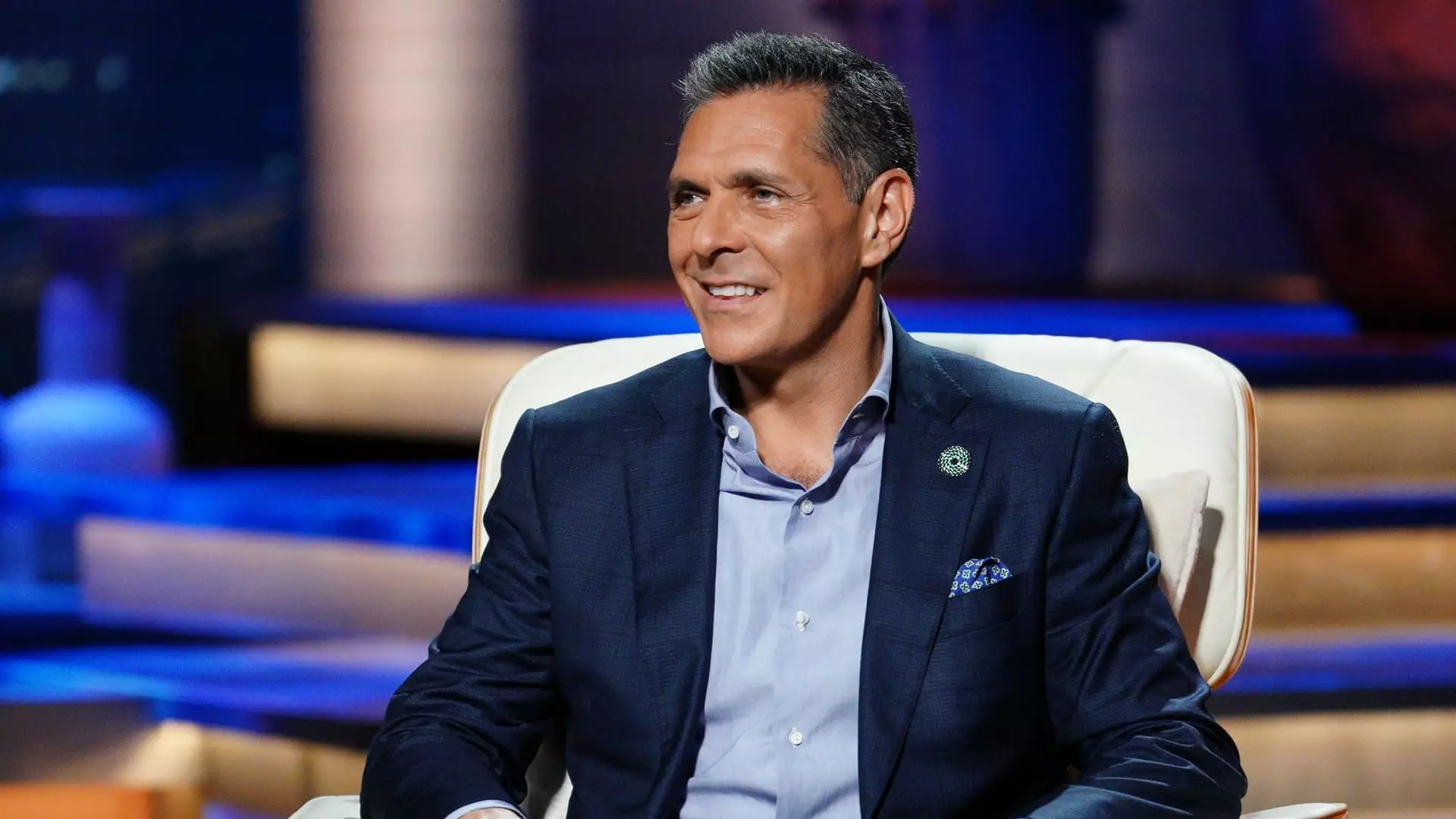In the world of high finance and entrepreneurial zeal, few stories resonate as compellingly as that of billionaire Daniel Lubetzky. Built on the premise of health-conscious snacks, Lubetzky’s Kind brand became synonymous with nutritious eating, favoring whole ingredients and genuine marketing. However, the world of wealth creation isn’t just about what you build; it’s about what you choose to support next. After selling a significant stake to Mars in 2020, Lubetzky pivoted to a broader investment landscape via Camino Partners, showcasing a new trend: family offices expanding beyond their food and beverage origins.
While his focus on longevity reflects current market trends—emphasizing health and wellness in a society grappling with rising obesity and chronic illness—one might question if this shift is merely a quest for profit or a genuine commitment to social responsibility. The challenge remains: how does one elegantly balance the noodles of wealth generation with the ethical implications of health and well-being?
The Expansion of Family Offices: Good or Greed?
The growing proliferation of family offices, especially those built upon the successes of consumer packaged goods, isn’t merely a trend; it hints at a significant transformation in how wealth is leveraged. Lubetzky is merely one among a rising tide of billionaires venturing into areas like tech and health care. This shift begs an intriguing question—are we witnessing a collective evolution of purpose, or are these oligarchs simply adding another layer of diversity to their portfolios?
Consider the example of Peter Rahal, the founder of RXBar. His investments in biodegradable packaging and platforms like X (formerly Twitter) suggest a commitment to not just consumer interest but planetary health as well. Yet, aside from an admirable façade, can we disregard the undertones of self-serving affirmation? Wealth, especially of the staggering kind, often entangles itself in moral ambiguity—an overture of philanthropy often cloaked in the smoke-and-mirrors of business expansion. It’s difficult not to feel that amidst the glimmering surfaces of these ventures, the gray areas of intent lie just beneath.
The Evolution of Investment Strategy: A Double-Edged Sword
Camino’s approach to investing, which now targets established businesses with solid revenue streams, unveils another layer of complexity within the investment narrative. Initially aiming for younger start-ups, Lubetzky’s shift, prompted by pragmatic advice, portrays an evolution that many might admire. However, it also signals a retreat from the risk-taking that can ignite change and foster innovation at its grassroots level.
By aligning with proven entities rather than fostering nascent creativity, there lies an intrinsic irony: are we not squandering an opportunity to uplift the very future that requires nurturing? While the rationale behind reducing potential failures is sound on paper, it undeniably cultivates a landscape dominated by those already thriving. Is it not the responsibility of the wealthy and powerful to invest in uncertain potential rather than simply seek safe havens?
The Experts Behind the Curtain: A Disturbing Dependence
Additionally, Luxetzky’s reliance on experts when navigating new ventures in fields like aerospace raises the alarm on a troubling dependency. Such an approach implies that wealth can often truncate visionary thinking, merely substituting it for data-driven analyses and stakeholder testimonials. While there’s wisdom in consulting for guidance, this invites the fear of squandering unique insights and inventive spirit that often resides within the original entrepreneur’s mind.
Instead of championing ideals like innovation and risk-taking—the lifeblood of entrepreneurship—wealthy figures may inadvertently propagate a culture of exclusivity, where only the established and supported ideas gain traction. For a center-wing liberal like myself, this is particularly disheartening, especially given the increasing need for transformative ideas to address societal challenges.
In a landscape where the wealthy wield considerable influence, one cannot overlook the profound implications of forging paths that prioritize stability over creativity. As we navigate the complexities of wealth and responsibility, it becomes apparent that the current trend of family offices expanding beyond their origins raises more questions than it answers, challenging the very foundations of modern capitalism and entrepreneurship.


Leave a Reply